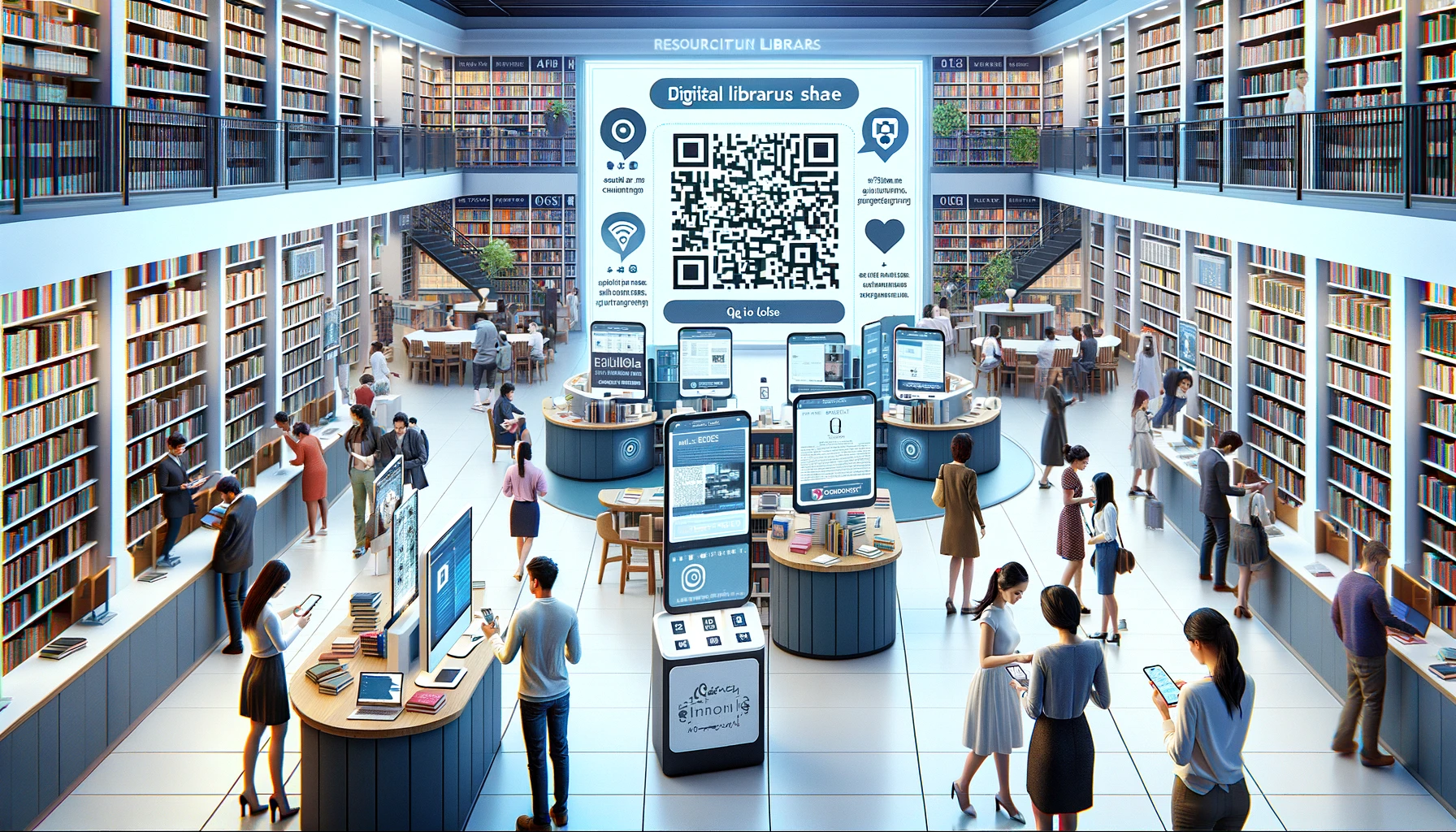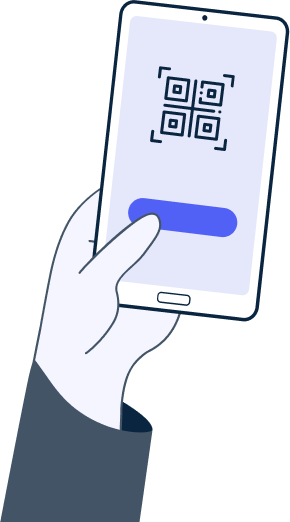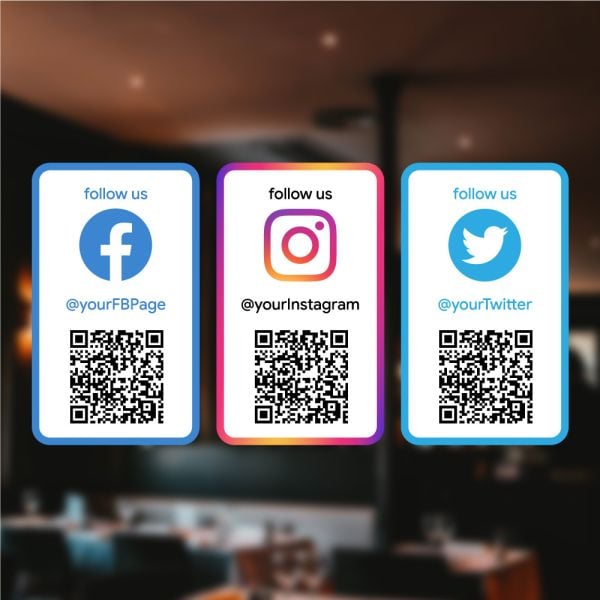
QR Codes: A New Chapter in Digital Libraries
Instant Access to Digital Resources
QR codes in libraries can link directly to digital books, articles, and multimedia resources, providing instant access to a wealth of information.
Simplifying Library Navigation
QR codes can help patrons navigate digital library systems, offering a user-friendly way to find specific genres, authors, or titles.
Enhancing Learning Experiences
QR codes in educational materials can provide supplementary content like interactive videos, expert talks, and related articles, enriching the learning experience.
Transforming Resource Sharing with QR Codes
Easy Sharing of Digital Materials
QR codes make it simple for users to share digital resources with peers, promoting collaborative learning and information exchange.
Bridging Physical and Digital Libraries
QR codes in physical books can link to additional digital content, offering an integrated reading experience.
Interactive Library Exhibitions
Use QR codes to create interactive library exhibitions, where users can access detailed information about displays, authors, and historical contexts.
QR Codes in Action: Real-World Library Applications
Access to Research Databases
QR codes can connect users to specialized research databases, academic journals, and case studies, facilitating advanced learning and research.
Language Learning Resources
Libraries offering language learning resources can use QR codes to link to language apps, audio resources, and pronunciation guides.
Community Engagement
QR codes can promote library events, reading clubs, and workshops, fostering community involvement and engagement.
Partnering with QRLab.com for QR Code Solutions
Tailored QR Code Systems for Libraries
QRLab.com provides customized QR code solutions that cater to the specific needs of digital libraries and resource sharing, ensuring seamless integration and accessibility.
Analytics for User Engagement
QRLab’s analytics tools offer insights into how patrons interact with QR-coded resources, helping libraries to enhance their offerings and user experience.
Security and Reliability in Resource Sharing
Understanding the importance of data security in libraries, QRLab ensures that all QR solutions are secure and reliable, safeguarding digital resources and user privacy.
Conclusion
QR codes are reshaping the landscape of digital libraries and resource sharing, offering a modern, efficient, and user-friendly way to access and share information. By integrating QR technology, libraries can not only improve their service delivery but also enrich the user's learning and reading experience. Discover the potential of QR codes in transforming your library's digital resources with QRLab.com.
Most viewed




